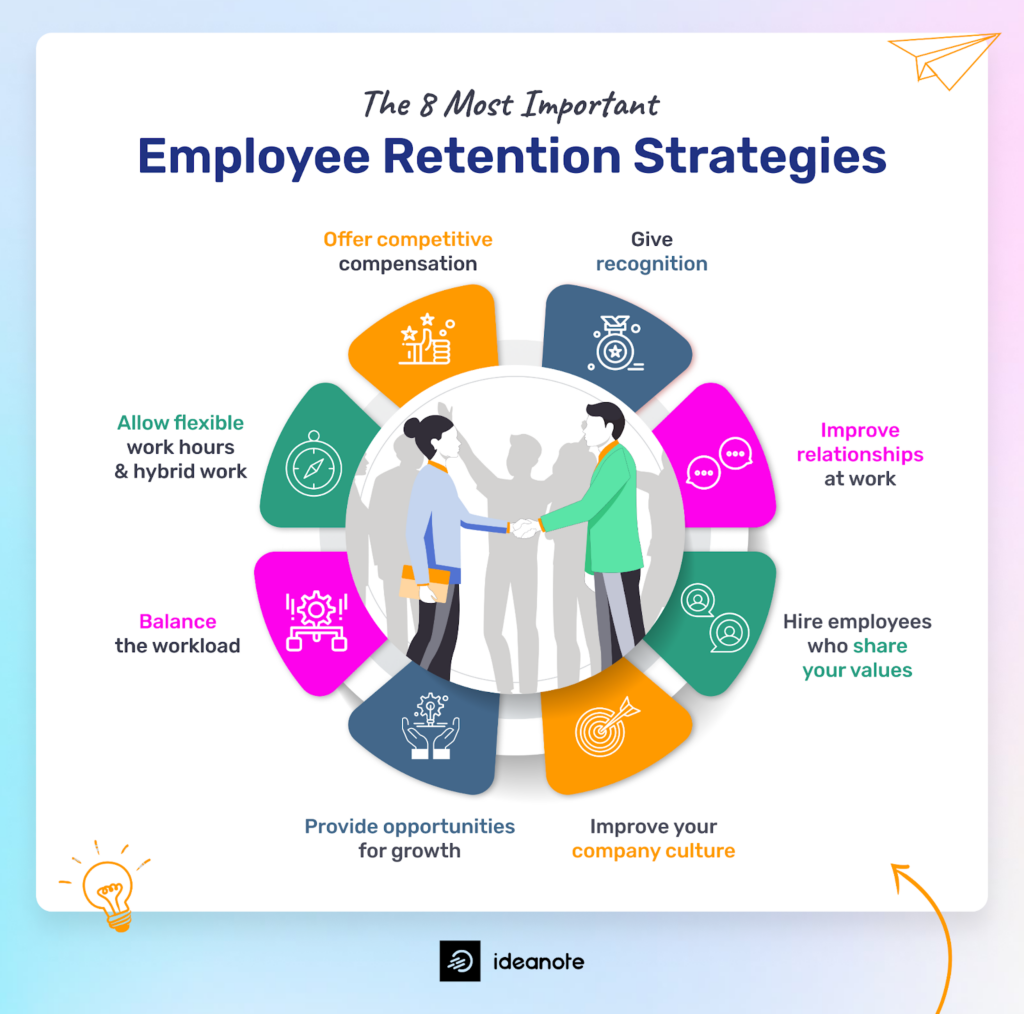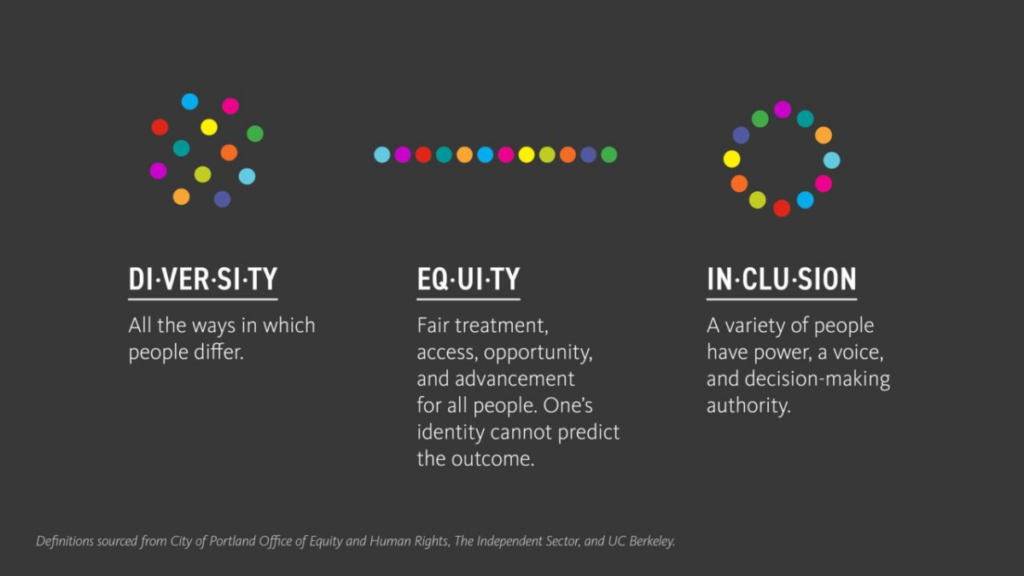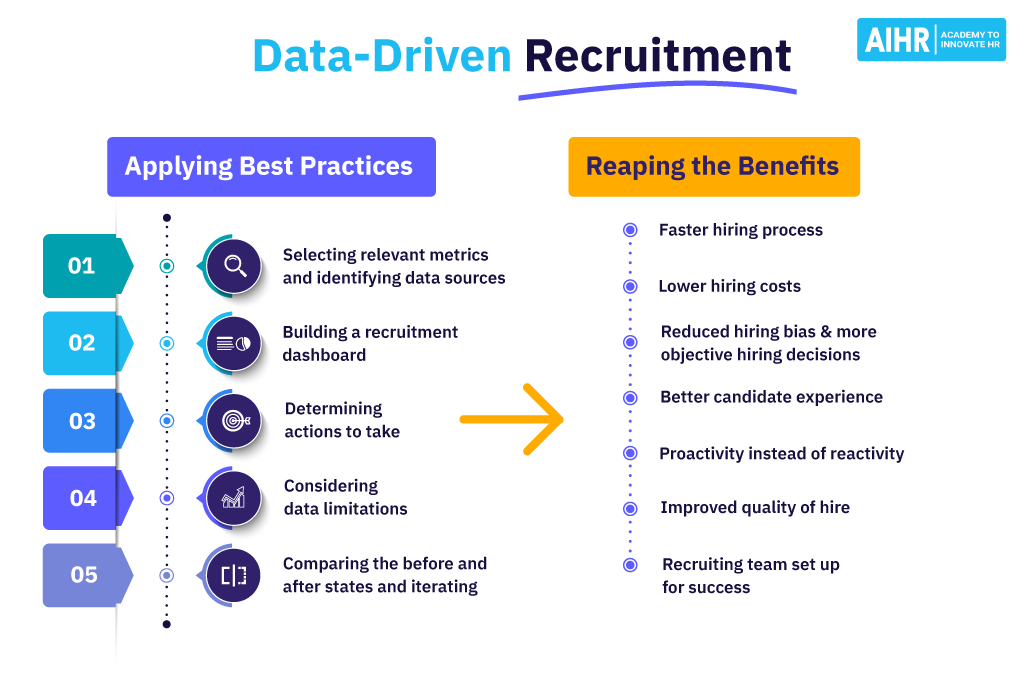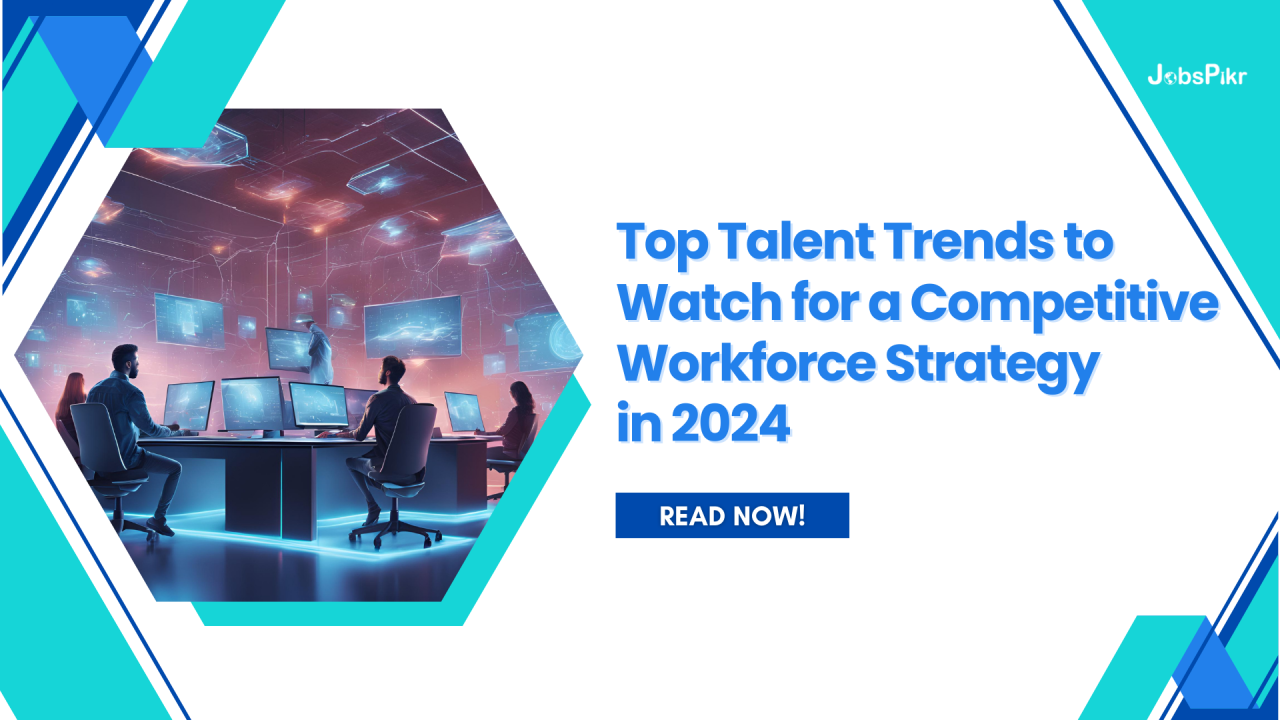As the job market evolves, so do the expectations of employees, the demands for specialized skills, and the ways companies attract, engage, and retain talent. For HR professionals, understanding these talent trends is essential to building resilient, future-ready teams that drive organizational success.
The coming year’s workforce strategy will require more than just a focus on hiring. From leveraging technology and embracing diversity to prioritizing well-being and sustainability, companies must adopt a holistic approach to talent management.
This Industry Pulse explores the most significant talent trends that shaped 2024 and provides actionable insights to help HR leaders stay ahead of the curve. Whether you’re optimizing hiring processes, enhancing employee engagement, or adapting to new workforce dynamics, these trends will be critical in defining a competitive strategy for the next year.
1. Demand for Niche Skills and Specialized Talent

Image Source: BetterUp
The digital transformation across industries is intensifying the need for specialized skill sets. Roles in artificial intelligence (AI), blockchain, cybersecurity, and sustainability are becoming increasingly critical. According to a report by the World Economic Forum, half of workers will need reskilling by 2025, emphasizing the urgency for companies to source and develop niche talent.
How to Address This Trend
- Upskilling and Reskilling Programs: Invest in tailored learning and development (L&D) initiatives to enhance employees’ technical skills.
- Strategic Talent Sourcing: Leverage AI-driven recruitment tools like JobsPikr to identify and attract top talent with in-demand skills.
- Collaborations with Educational Institutions: Partner with universities and coding boot camps to tap into emerging talent pools.
2. Employee Well-Being as a Retention Strategy

Image Source: ideanote
Employee well-being has shifted from being a “nice-to-have” to a core component of workforce strategy. An Aflac study revealed that 70% of employees consider well-being programs essential, with mental health support ranking as the top priority.
Key Focus Areas
- Mental Health Support: Implement employee assistance programs (EAPs), provide access to counseling services, and foster open conversations around mental health.
- Flexible Work Models: Continue offering remote or hybrid work arrangements to enhance work-life balance.
- Wellness Initiatives: Launch programs that include fitness incentives, mindfulness workshops, and wellness reimbursements to boost engagement and productivity.
3. Growth of the Contingent Workforce
The gig economy is booming, with companies increasingly turning to freelancers, contractors, and gig workers for flexibility and cost efficiency. A 2023 study by Upwork reported that 39% of the U.S. workforce engaged in freelance work during the past year, and this trend is expected to grow further.
Benefits of Leveraging Contingent Workers
- Cost Management: Reduce overhead expenses by hiring contingent workers for project-specific needs.
- Access to Specialized Expertise: Freelancers often bring niche skills that can be leveraged for short-term initiatives.
- Global Talent Pool: Platforms like JobsPikr enable businesses to identify skilled gig workers globally, widening the talent pipeline.
Best Practices
- Maintain clear contracts to set expectations and deliverables.
- Foster collaboration between full-time and contingent workers for seamless project execution.
- Utilize workforce analytics to assess the performance and ROI of freelance engagements.
4. Diversity, Equity, and Inclusion (DEI): A Core Pillar

Image Source: university of virginia
DEI has evolved into a business imperative rather than just a compliance measure. Studies show that diverse teams outperform non-diverse teams by 35% (McKinsey), making inclusivity a competitive advantage.
Emerging DEI Practices
- Bias-Free Hiring Processes: Implement AI tools to eliminate unconscious bias during recruitment.
- Inclusive Leadership Training: Equip leaders with the skills to build diverse, equitable teams.
- Cultural Sensitivity Programs: Educate employees about fostering an inclusive workplace culture.
DEI’s Impact on Talent Strategy
Companies with strong DEI initiatives enjoy enhanced employer branding, higher employee engagement, and lower turnover rates. Promoting inclusivity can also expand your talent pool by attracting candidates from underrepresented groups.
5. Sustainability and Corporate Responsibility in Talent Strategy
Sustainability is no longer just an environmental issue—it’s a key element of employer branding and employee engagement. A Monster survey found that 83% of Gen Z job seekers prefer working for companies aligned with their values, highlighting the importance of sustainability initiatives in attracting top talent.
Sustainability as a Talent Magnet
- Green Workplaces: Invest in eco-friendly office spaces and practices.
- Corporate Responsibility Programs: Promote initiatives such as volunteering and community engagement.
- Transparency in Reporting: Communicate sustainability achievements to employees and stakeholders.
By aligning corporate goals with sustainability, businesses can create a purpose-driven culture that resonates with employees and boosts retention.
6. Data-Driven Talent Management

Image Source: AIHR
HR professionals are increasingly turning to analytics to make informed decisions. Workforce analytics tools offer insights into employee performance, engagement, and turnover rates, enabling companies to optimize their strategies.
Applications of Data in Workforce Strategy
- Predictive Analytics: Anticipate talent needs and proactively fill critical roles.
- Retention Analysis: Identify at-risk employees and address pain points to reduce turnover.
- Diversity Metrics: Monitor and improve the representation of diverse groups across roles and leadership levels.
7. The Integration of AI in Recruitment and Employee Experience

Image Source: 7wdata
AI is revolutionizing how HR professionals approach talent management. From candidate screening to employee engagement, AI-powered tools are improving efficiency and decision-making.
AI-Driven Innovations
- Automated Resume Screening: Reduce hiring time by filtering candidates through AI-based platforms.
- Chatbots for Candidate Interaction: Provide instant responses to applicants’ queries, improving the candidate experience.
- Personalized Employee Development Plans: Use AI to recommend tailored training and career progression paths.
How JobsPikr Empowers HR Leaders
Navigating these trends requires a robust talent acquisition and management strategy. This is where JobsPikr can make a difference. JobsPikr provides cutting-edge labor market intelligence, enabling businesses to:
- Identify trends in job postings and skills demand.
- Source specialized talent with ease.
- Stay competitive by leveraging actionable insights into workforce dynamics.
Why Choose JobsPikr?
- Comprehensive Data Coverage: Access job postings and market trends across geographies and industries.
- AI-Driven Insights: Leverage analytics to make data-backed workforce decisions.
- Easy Integration: Seamlessly integrate JobsPikr’s tools into your existing HR systems.
Want to future-proof your workforce strategy? Sign up on JobsPikr today and gain a competitive edge in navigating 2024’s talent trends.



